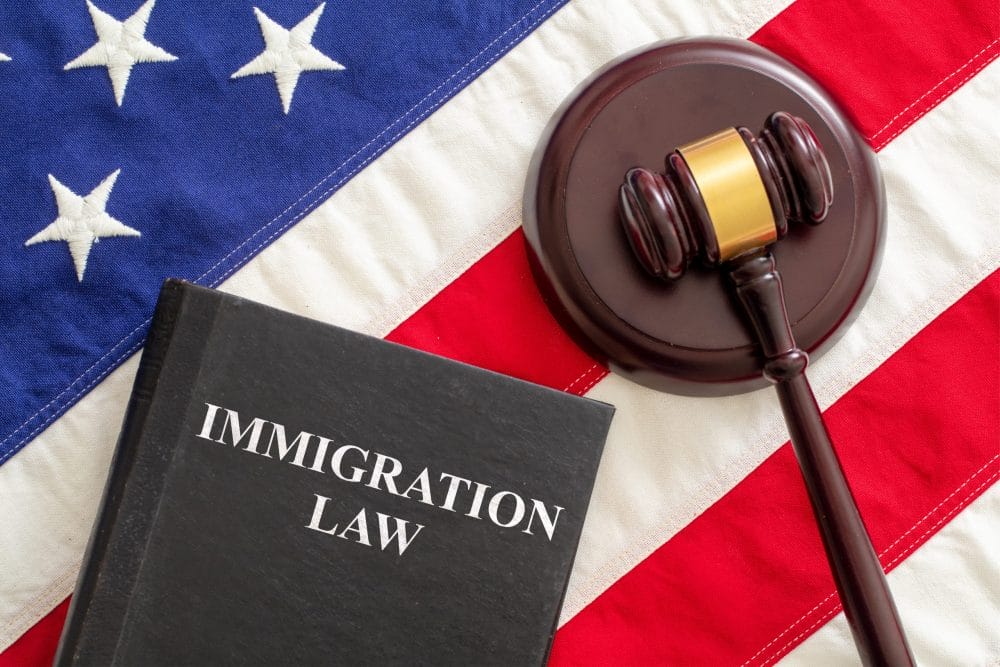
By Darius Amiri, Rose Law Group Chair of Immigration
A little over the month ago, the Trump administration sent the business immigration community into a tailspin with a surprise presidential proclamation announcing a $100,000 fee for new H-1B visa applications. The H-1B visa is a nonimmigrant visa available for college graduates with a job offer from a U.S. based company who work in a specialty occupation and will be paid at a wage commensurate with their skill level and experience, as set forth by the Department of Labor. There is an annual cap of 65,000 H-1B allotments, plus an additional 20,000 set aside for graduate students. There is also an H-1B visa allowed for cap-exempt petitioners like nonprofit or governmental research institutes, universities and their affiliates. When the presidential proclamation announcing the $100K fee came forth, there was zero guidance on how the fee would be paid, or who, if any, would be exempt.
We are happy to report there is a bit more clarity today following United States Citizenship and Immigration Services release of detailed guidance following the presidential proclamation. The clarification is significant for employers and professionals who feared widespread cost increases across all H-1B filings, many of which have halted their application process to see how this played out.
Here are some key takeaways:
- The $100,000 fee applies solely to new H-1B petitions for workers outside the United States who have not previously held H-1B status.
- The $100,000 fee does NOT apply to H-1B extensions or renewals. USCIS confirmed that current H-1B holders extending their stay or renewing with the same employer are exempt. Routine extensions, amendments, and continuation of employment remain subject only to the standard USCIS filing fees.
- No fee for U.S.-based change-of-status filings. Applicants already in the United States in another nonimmigrant status who file to change status to H-1B are not subject to the $100,000 payment. The supplemental fee is tied to consular-processed petitions, not domestic changes of status.
- Cap-exempt employers remain unaffected. Universities, nonprofit research institutions, and other cap-exempt entities are not included in the current fee requirement.
- Fee mechanism still pending.USCIS has not yet issued instructions on how and when the $100,000 must be paid for qualifying cases, though it is expected to be collected at the time of filing.
Based on this guidance, it is crucial for employers to identify affected petitions to see whether the $100,000 premium will apply. Cases unaffected, such as extensions, renewals, or change of status filings from one non-immigrant status to H-1B status, can proceed as normal. We also recommend interested parties such as petitioners, H-1B holders, or HR managers and administrators continue to monitor news outlets or USCIS directly for further guidance regarding how to pay the premium, or whether any further exemptions or potential lititgation could further alter implementation of the new fee.
Bottom Line
The new $100,000 H-1B fee does not apply to renewals, extensions, or applicants already in the United States changing to H-1B status. Employers sponsoring new hires from abroad, however, will face significantly higher costs once the rule takes effect.

